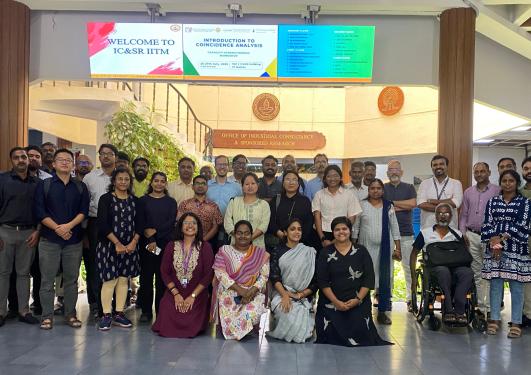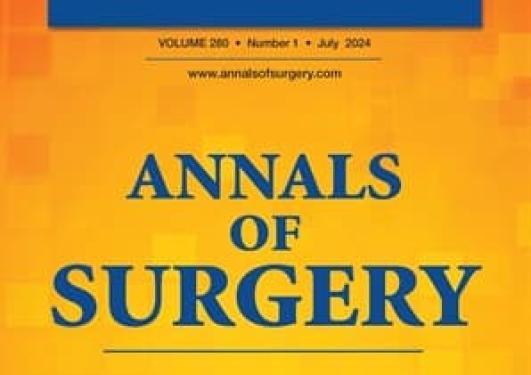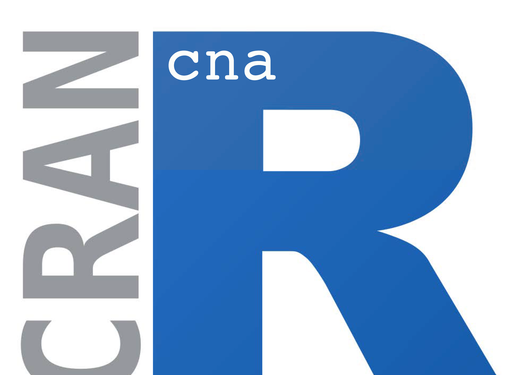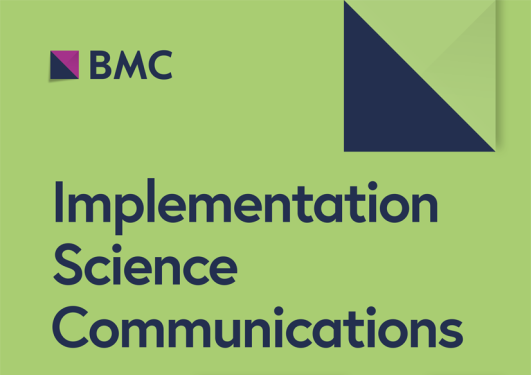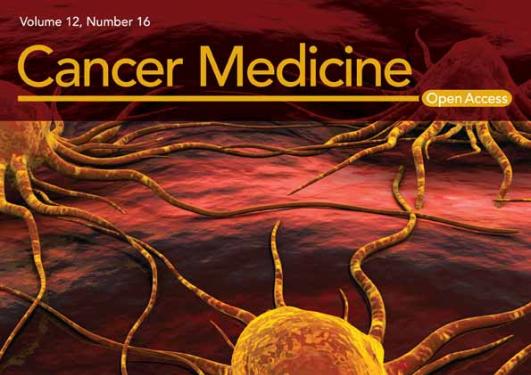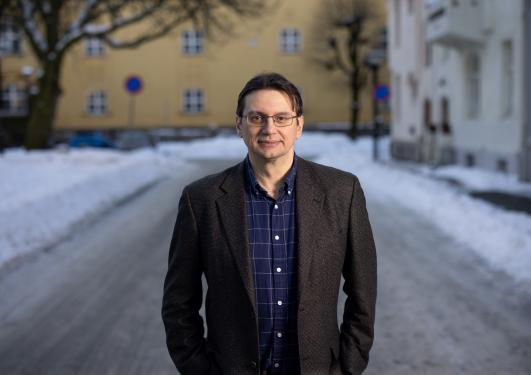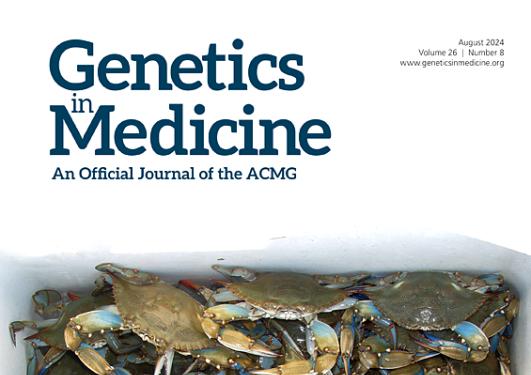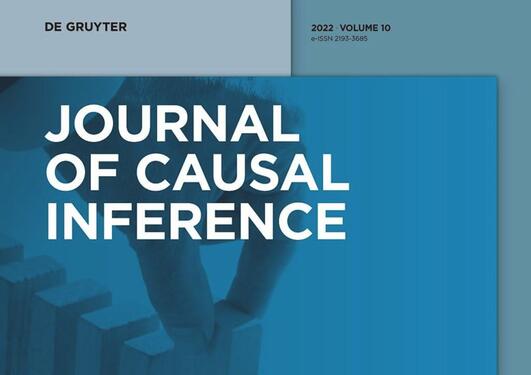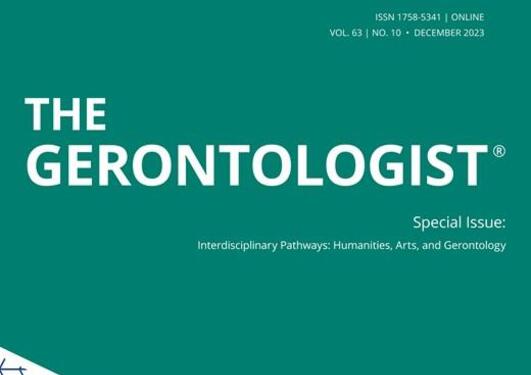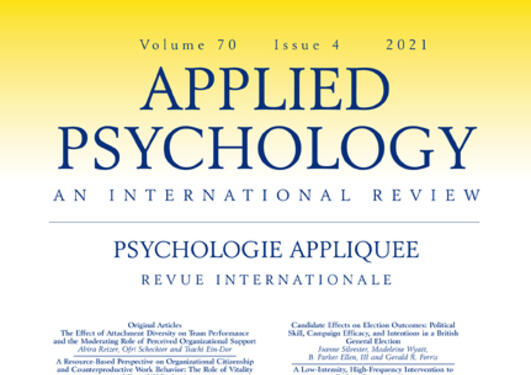News archive for Department of Philosophy
Jesse Rhodes delivers an exemplary study applying Coincidence Analysis (CNA) to discover causal paths leading to substantial improvement in subnational democracy in the U.S. states.
Abdu A. Adamu and colleagues introduced CNA as a tool to improve immunization decision-making and address disparities in vaccination coverage, arguing that CNA can help immunization stakeholders better understand implementation conditions across districts and develop tailored strategies for optimizing service delivery in underserved areas such as conflict zones, informal urban settlements, and... Read more
In July 2025, the PATANG team at The George Institute for Global Health (TGI) organized two CNA training workshops in Asia: one in Bali, Indonesia, in collaboration with the International Health Economics Association (IHEA), and one at the Indian Institute of Technology Madras, co-hosted by the Centre for Technology and Policy.
Reiping Huang and colleagues applied CNA in the field of surgery and published their results in the world's most highly referenced surgery journal: Annals of Surgery. Their study explains the successful implementation of hospital enhanced recovery programs (ERPs) through unique configurations of contextual and implementation conditions.
Mathias Ambühl and Michael Baumgartner released version 4.0.0 of the cna R package on CRAN. Many new measures for sufficiency and necessity evaluation are now available for CNA model building.
Emmeline Chuang and colleagues applied CNA in a mixed methods analysis to identify the conditions under which collaboration strategies affect implementations of cross-systems interventions for child welfare and substance use treatment.
Mandi L. Pratt-Chapman and colleagues applied CNA to identify key difference-makers distinguishing oncology institutions that collect sexual orientation and gender identity (SOGI) data across a sample of American Society of Clinical Oncology (ASCO) members.
“I experience this prize as an enormous encouragement to believe in the things I am doing, and a profound motivation to try and continue my work,” says the award winner who hopes to one day write something that can have a real impact on how we live our lives.
A groundbreaking philosophical approach to understanding proving in mathematics is on the horizon. Sorin Bangu does research that can change how we teach mathematics, making it more engaging.
On October 10 and 11, 2024, Dr. Jonathan Freitas (UFMG/Brazil) conducted an introductory CNA course at the Clinical Hospital of the School of Medicine at the University of São Paulo (HC/FMUSP). The course brought together approximately 30 members of HC’s Digital Health team. The event received exceptional feedback, sparking follow-up research initiatives centered on the CNA method.
Jordan Becker, Paul Poast, and Tim Haesebrouck combined CNA with Regression Analysis in a mixed method approach to investigate why countries with disparate geography and perceptions of the international security environment agreed on NATO’s Wales Pledge on Defense Investment.
The first volume devoted to the topic of Wittgenstein and practice. Contains essays from both internationally recognized and up-and-coming scholars. Directed at contemporary issues
In this first ever book-length study of aesthetic expertise, Ole Martin Skilleås outlines the nature and purpose of aesthetic expertise, with particular emphasis on the direction of attention, and examines how aesthetic expertise manifests across diverse roles within aesthetic practices.
Deborah Cragun, Zachary M. Salvati, Jennifer L. Schneider, et al. use CNA to identify factors and causal chains associated with optimal implementation of Lynch syndrome tumor screening.
Michael Baumgartner and Christoph Falk published a paper entitled "Quantifying the quality of configurational causal models" in the Journal of Causal Inference. The paper introduces quantitative quality criteria for causal models output by CNA. Thereby, it broadens and sharpens the resources for CNA benchmarking.
Version 3.6.2 of the cna R package was released on CRAN, accompanied by a minor adjustment of the frscore package. Both updates should be installed.
Chava Pollak, Joe Verghese, Helena M Blumen use CNA to identify combinations of social factors that make a difference for frailty among older adults.
Marta Roczniewska, Ole Henning Sørensen, Susanne Tafvelin et al. use CNA to invesitigate the causes of how employees perceive the relevance of health interventions at the workplace.
Pages
- November 2025 (2)
- August 2025 (1)
- April 2025 (2)
- March 2025 (2)
- February 2025 (1)
- January 2025 (1)
- December 2024 (1)
- November 2024 (1)
- October 2024 (2)
- August 2024 (2)
- June 2024 (1)
- May 2024 (2)
- March 2024 (1)
- January 2024 (1)
- September 2023 (1)
- August 2023 (2)
- June 2023 (1)
- May 2023 (2)
- April 2023 (1)
- January 2023 (1)
- September 2022 (3)
- August 2022 (1)
- June 2022 (1)
- January 2022 (1)
- October 2021 (2)
- August 2021 (2)
- June 2021 (5)
- March 2021 (1)
- February 2021 (1)
- January 2021 (1)
- December 2020 (1)
- October 2020 (1)
- September 2020 (1)
- August 2020 (2)
- May 2020 (1)
- April 2020 (2)
- March 2020 (1)
- February 2020 (2)
- January 2020 (2)
- October 2019 (2)
- May 2019 (1)
- April 2019 (2)
- March 2019 (1)
- February 2019 (2)
- December 2018 (1)
- June 2018 (1)
- May 2018 (1)
- February 2018 (1)
- October 2017 (1)
- June 2017 (1)
- March 2017 (1)
- August 2016 (1)
- March 2016 (1)
- January 2016 (1)
- June 2015 (1)
- October 2014 (1)
- May 2014 (1)
- April 2014 (1)
- March 2014 (2)
- February 2014 (1)
- July 2013 (1)
- May 2013 (1)


